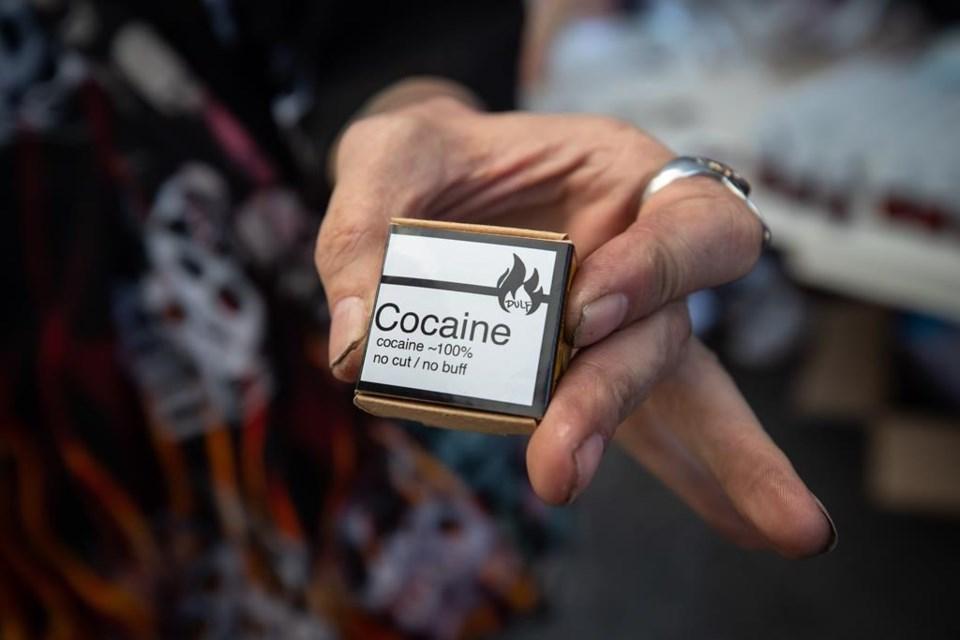News Analysis
The recent gaffe in which two B.C. companies announced they had licences to sell cocaine brings attention to the plans such companies may be making to commercialize hard drugs on a broad scale.

The recent gaffe in which two B.C. companies announced they had licences to sell cocaine brings attention to the plans such companies may be making to commercialize hard drugs on a broad scale.